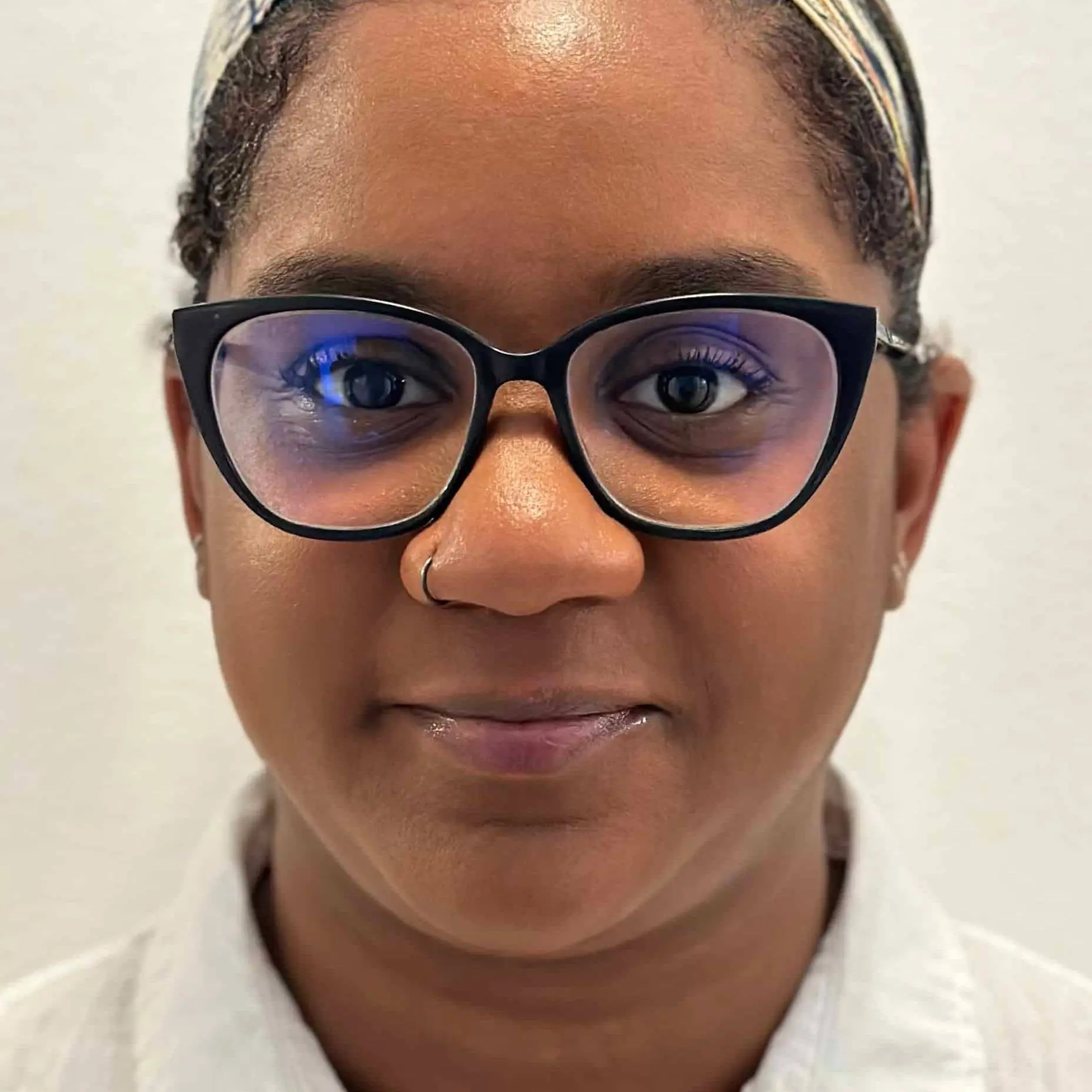


Life with ADHD can feel like trying to follow a GPS that keeps rerouting—one minute you’re on track, the next you’re completely lost in a maze of distractions. The subway screeches as you second-guess your stop. Your inbox fills faster than you can respond. Conversations drift as your thoughts race ahead, making it hard to stay focused. In a city fueled by speed, ADHD can make even the smallest tasks feel overwhelming. Instead of feeling energized by the city’s fast pace, you might feel stuck, frustrated and constantly playing catch-up.
You’re not alone. Over 15.5 million adults in the U.S. navigate similar challenges every day. At Manhattan Mental Health Counseling, our ADHD behavior therapy is tailored to the demands of NYC life. We help you build focus, structure and resilience so that the energy of the city works for you, not against you. With the right support, you can stop feeling like you’re always playing catch-up—and start thriving.
Hear from Our Clients

Understanding ADHD: The Science Behind the Disorder
ADHD isn’t just about being distracted—it’s a well-researched neurodevelopmental condition with clear biological, genetic and environmental roots. Yet, misconceptions persist. Some still believe ADHD is just about lacking willpower or discipline, but science tells a different story.
ADHD is a Real, Scientifically Proven Condition:
ADHD is one of the most extensively researched conditions in medicine. The American Medical Association recognizes it as having stronger scientific validation than many other mental health and even medical conditions. Yet misconceptions persist, leading some to question its legitimacy. ADHD is not about willpower or self-discipline. It is a neurodevelopmental disorder related to how your brain develops and works. The biological and behavioral signs of ADHD are clear—and this is where therapy comes in. It’s not about “fixing” ADHD. With the right strategies, you can work with your brain, not against it.
Impact Across Life Stages:
ADHD often starts in childhood—about 5% of children worldwide are diagnosed—and can continue into adulthood in up to 75% of cases. The symptoms, like trouble focusing or feeling hyperactive, can make daily life harder. Left untreated, ADHD can lead to more accidents, impulsive decisions and even co-occurring issues like anxiety or mood disorders. Therapy helps bridge the gap. By learning techniques to stay organized, manage emotions and build resilience, you can take back control of your daily life.
Genetic & Environmental Factors: Why ADHD Happens:
Research shows that ADHD is mostly genetic—about 76% of cases are inherited. There are certain genes linked to ADHD, especially those connected to brain chemicals like dopamine and serotonin. Environmental factors like prenatal tobacco exposure, premature birth, or low birth weight can also increase the chances of ADHD. While therapy can’t change your genes, it can teach you helpful tools to manage ADHD in a way that works for you.
The Brain & ADHD: What Science Reveals:
Neuroimaging studies confirm ADHD affects brain areas that control focus, impulse control and organizing tasks. These areas develop a bit slower in people with ADHD. The National Institute of Mental Health found that brain maturation in children with ADHD lags by about 3 years, particularly in regions related to self-regulation.
ADHD Doesn’t Define You—You Define It
ADHD isn’t a roadblock—it’s just a different way of processing the world. With the right support, you can stop struggling to fit into a system that wasn’t designed for you and instead, create a structure that works for you.
Therapy gives you the tools to take control and unlock your full potential.
What are the Common Types of Behavior Therapy?
Behavior therapy encompasses various modalities, each suited to different needs, including:

CBT is one of the most widely used therapies for ADHD, focusing on changing negative thought patterns and behaviors. If you struggle with time management, low self-esteem or emotional control, CBT helps by teaching you practical strategies to challenge and reframe unhelpful thoughts, breaking them down into manageable steps. This approach is effective for improving focus, reducing procrastination and managing impulsive behaviors, making it a great fit for those who prefer structured, goal-oriented therapy.
If you’re looking for practical solutions with clear steps, CBT is a strong choice.

Dialectical Behavior Therapy (DBT)
DBT is particularly beneficial for those who have difficulty regulating emotions or managing intense feelings. It combines mindfulness practices with strategies for managing emotions, improving interpersonal skills and reducing self-destructive behaviors. DBT is often recommended for people who experience strong emotional reactions and struggle with maintaining relationships or managing stress. If you find yourself easily overwhelmed or needing support in managing emotional outbursts, DBT could offer the tools to help you stay grounded and improve emotional balance.
If you often feel overwhelmed or struggle with emotional outbursts, DBT provides tools to help you stay grounded and balanced.

ACT is about helping you accept your thoughts and emotions without judgment, so you can live in a way that’s true to your values. If you find yourself frustrated by ADHD symptoms or feeling overwhelmed by life’s challenges, ACT can offer some relief. It helps you find peace in the present moment, even when things feel tough and encourages you to take small, meaningful steps toward personal growth. If you’re seeking more balance or clarity, ACT can help you shift your mindset and stay focused on what really matters to you.
If ADHD makes you feel stuck, frustrated or like you’re constantly fighting yourself, ACT helps shift your perspective so you can focus on what truly matters.

MBCT brings together mindfulness and cognitive therapy to help you gently manage stress, anxiety and the effects of ADHD. It’s about becoming aware of your thoughts and feelings without letting them take over, especially if you often feel caught up in worrying or rumination. If staying present is a challenge or you often feel mentally scattered, MBCT can guide you to let go of those overwhelming thoughts and find a calmer, more grounded way to approach life. It’s a compassionate tool for building emotional resilience and gaining more control over your reactions.
By training your brain to stay in the moment, MBCT helps you develop a calmer, more centered approach to daily life.
How ADHD Behavior Therapy Helps You
Over time, your ADHD behavioral therapist can empower you to:
Find Focus & Balance:
Create ADHD-friendly routines that help you stay organized and on track.
Navigate Impulses with Ease:
Develop skills to pause and respond thoughtfully instead of reacting on impulse.
Master Time Management:
Use ADHD-specific strategies to manage your time, prioritize tasks, and feel more in control.
Build Emotional Resilience:
Strengthen your ability to handle frustration, boost confidence, and navigate challenges with calm.
Featured ADHD Behavioral Therapists in NYC

Chelsea Noel, LMHC
Chelsea Noel uses a compassionate, client-centered approach to help individuals navigate anxiety, depression, trauma, and eating disorders, empowering them with tools like CBT, DBT, and mindfulness for growth and healing.

Marissa Davitt, MHC-LP
Marissa uses an empathetic, action-oriented approach grounded in CBT and DBT to guide clients through anxiety, substance abuse, relationship challenges, and life transitions, fostering clarity, growth, and meaningful change.

Ricci Mercedes, LMHC
Ricci Mercedes uses a client-centered, holistic approach grounded in Cognitive Behavioral Therapy to guide individuals toward self-awareness, resilience, and meaningful growth, fostering an empowering partnership that honors each person’s unique journey.

Take Charge of ADHD with Behavior Therapy in NYC
ADHD is just one part of your story—it doesn’t define you. With the right support, managing ADHD can shift from a daily struggle to an empowering process of growth. Picture yourself starting your day with a sense of clarity. You know exactly what you want to focus on and feel more in control of your time. You feel present in conversations, no longer pulled away by racing thoughts. By the end of the day, you’ve done more than just manage your ADHD—you’ve leveraged it, achieving more with less effort and stress.
At Manhattan Mental Health Counseling, we help turn that vision into reality. Our ADHD behavior therapists work with you to build routines that stick, manage distractions and harness your strengths in a way that works for you. Take the first step toward a more balanced and focused life. ADHD behavior therapy can help you feel more in control and aligned with your goals.
Stop fighting against your ADHD—ADHD behavior therapy helps you harness it as a strength.
Get Started Today
We’d love to hear from you! After you submit the form, you'll receive an email with a link to book a screening call at your convenience. We're excited to help you on your journey!






